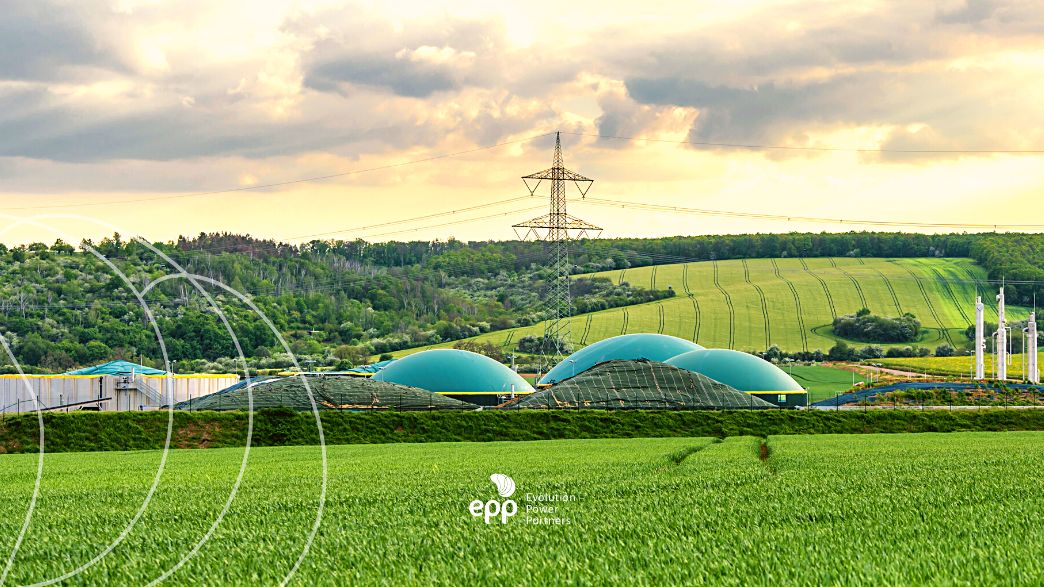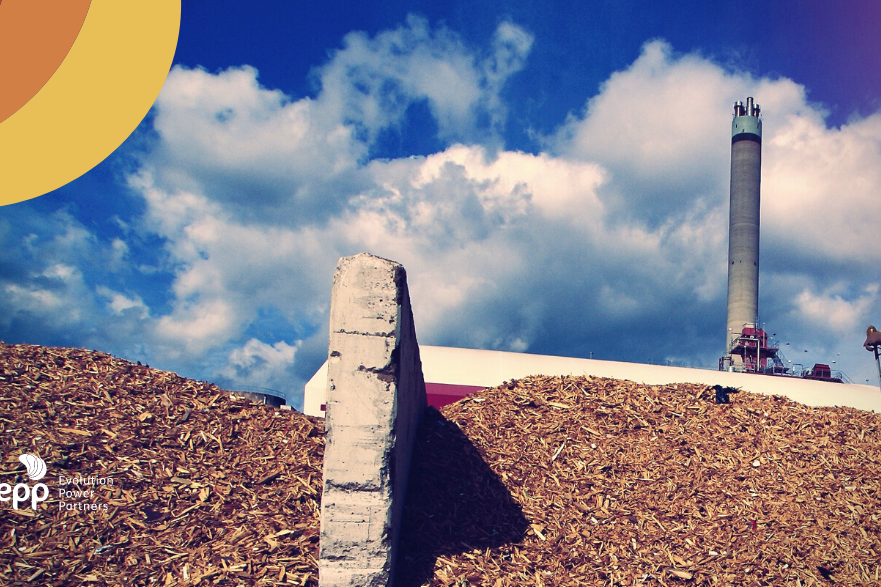Biomethane is a substitute for natural gas that can be generated from animal and plant sources. Understand about the approval of the resolution.
On 09/29, the National Agency of Petroleum, Natural Gas and Biofuels (ANP) approved ANP Resolution No. 886, which amends ANP Resolution No. 685.
Biomethane is an important substitute for natural gas that can be produced from biological sources. Bio refers to biological processes and methane is the main component of natural gas.
These factors make biomethane a versatile fuel with wide application in the world in energy transition. Due to its properties, it is possible to use biomethane as a fuel in vehicles and energy-based industries.
The resolution on biomethane from landfills and sewage stations
Landfills and sewage treatment plants produce biomethane on a daily basis. Over time, bacterial decomposition produces biomethane. However, the generation of this gas can also compromise the emission levels of greenhouse gases. Thus, using this gas as a fuel is a popular alternative to fossil fuels because it pollutes less and causes less climate change.
The main objective of the amendment to the standard is to contribute to compliance, by biomethane producers, with the aforementioned resolution, with regard to the methodology of analysis of halogenates, which are compounds harmful to health and/or that can, among others, damage the energy production equipment, vehicle engines and, therefore,
need to be removed in the biomethane production process.
In addition, in the new resolution, the deadline for hiring laboratories accredited by Inmetro to carry out such analyses, as established in the old resolution, was excluded. The change will also meet the standardization of devices and structures of regulatory acts.
Biomethane is a sustainable alternative to landfill and sewage plants
Generating biomethane is a viable solution for urban management and an important step towards the sustainability of cities. Generating biomethane from landfill gas and sewage stations reduces waste disposal costs and fosters the pillar of the circular economy.
In addition, some countries already use this gas as an alternative to fossil fuels in cars, reducing costs and expanding the energy transition. Europe, in particular, already uses this gas in public transport, as well as in industrial environments. Countries with cold climates can even use it to heat homes and businesses, keeping energy costs down.
In Brazil, the sector has been developing with 27 new biomethane plants planned for the coming years, according to Abiogás. The expectation is that the national production of biomethane will reach 2.2 million m³/day by 2027. Of this total, 1.3 million m³/day should come from biogas produced in the sanitation sector, with 700 thousand m³/day from the segment sugar-energy and the agro-industrial segment with more than 200 thousand m³/day.
Gás Verde produces biomethane, the 100% renewable fuel, issues the CBIO decarbonization credit according to ANP specifications and, as of 2023, will produce green CO2. It also provides customers with the BIORec, a traceability certificate for the biomethane purchased.
Gás Verde’s sustainable solutions support the treatment of waste, the transition of companies to a cleaner energy matrix and, by 2023, will contribute to avoiding 500 thousand tons of CO2 in the atmosphere. Gás Verde produces 120,000 m³ of biomethane daily and is expected to double production in 2023.
To learn more about energy transition, read our blog content.






